The relationship between nighttime eating and sleep quality has long been a subject of debate among health professionals and researchers. While some argue that going to bed hungry disrupts sleep, others warn against the consequences of late-night snacking. The truth, as often happens, lies somewhere in between—a nuanced understanding of how different foods interact with our circadian rhythms and digestive systems.
The Science Behind Digestion and Sleep
Our bodies operate on a biological clock known as the circadian rhythm, which regulates not just sleep-wake cycles but also digestive processes. As evening approaches, metabolic activity naturally slows down in preparation for rest. Consuming heavy or hard-to-digest foods close to bedtime forces the digestive system to work overtime, potentially leading to discomfort, acid reflux, or fragmented sleep. This explains why many people experience restlessness after indulging in rich, fatty meals late at night.
However, complete fasting before bed isn't necessarily the answer either. Blood sugar levels that drop too low during sleep can trigger the release of stress hormones like cortisol, which may cause nighttime awakenings. The key lies in finding balance—choosing foods that support rather than disrupt the body's natural wind-down process.
Problematic Nighttime Food Choices
Certain categories of food consistently prove problematic when consumed before bedtime. Spicy foods containing capsaicin can raise body temperature and stimulate the nervous system, directly counteracting the body's natural cooling process that facilitates sleep onset. Similarly, foods high in refined sugars cause rapid spikes and subsequent crashes in blood sugar, potentially leading to wakefulness during the night.
Caffeinated products represent perhaps the most obvious sleep disruptors, yet many people underestimate how late in the day their effects persist. The half-life of caffeine means that even an afternoon coffee can significantly impact sleep quality for sensitive individuals. Alcohol, while initially sedating, metabolizes into compounds that fragment sleep architecture and reduce REM sleep—the most restorative sleep phase.
Beneficial Pre-Sleep Nutrition
Several food groups actually promote better sleep when consumed in moderation during the evening. Complex carbohydrates from whole grains help transport tryptophan—an amino acid precursor to sleep-regulating melatonin and serotonin—across the blood-brain barrier. A small serving of oatmeal or whole wheat toast might therefore support natural sleep processes.
Protein sources containing tryptophan, such as turkey, eggs, or nuts, can be particularly effective when paired with complex carbohydrates. The combination creates an ideal biochemical environment for sleep hormone production. Tart cherries represent one of the few natural food sources of melatonin, with studies showing improved sleep duration and quality in regular consumers.
Magnesium-rich foods like bananas, almonds, and spinach may help by relaxing muscles and calming the nervous system. This essential mineral plays a crucial role in regulating neurotransmitters involved in the sleep-wake cycle. Similarly, herbal teas containing compounds like apigenin (found in chamomile) have demonstrated mild sedative effects in clinical research.
Timing and Portion Considerations
The interval between eating and sleeping proves just as important as food selection. Most experts recommend allowing at least two to three hours for digestion before lying down, particularly for larger meals. This timeframe gives the body opportunity to process food while upright, reducing the likelihood of acid reflux symptoms that often worsen when reclining.
For those who need a small bedtime snack, portion control becomes critical. The ideal pre-sleep eating window involves consuming no more than 200-300 calories, focusing on foods that combine protein with complex carbohydrates. This approach stabilizes blood sugar throughout the night without overtaxing the digestive system.
Individuals with specific conditions like diabetes or GERD may require personalized adjustments to these general guidelines. Diabetics often benefit from a small protein-focused snack to prevent nocturnal hypoglycemia, while GERD sufferers typically need longer fasting periods and careful avoidance of trigger foods.
Cultural and Individual Variations
Global sleep practices reveal fascinating cultural differences in nighttime eating habits. Mediterranean cultures traditionally eat late dinners but balance this with extended evening socialization that aids digestion. Scandinavian countries often incorporate sleep-promoting ingredients like fatty fish (rich in vitamin D and omega-3s) into evening meals. These variations remind us that optimal pre-sleep nutrition depends on more than just food choices—it's deeply connected to overall lifestyle patterns.
Personal tolerance plays an equally important role. Some individuals metabolize food quickly and sleep soundly regardless of bedtime snacks, while others experience significant sleep disruption from even small nighttime meals. Keeping a food-sleep journal can help identify personal triggers and tolerances, creating a customized approach to evening nutrition.
Practical Recommendations for Better Sleep
For those seeking to optimize their pre-sleep eating habits, several practical strategies emerge. Establishing a consistent evening eating schedule helps regulate circadian rhythms, as does exposure to natural light patterns. Creating a relaxing pre-bed routine that includes mindful eating—rather than distracted snacking in front of screens—can improve both digestion and sleep onset.
When choosing bedtime snacks, aim for combinations like Greek yogurt with berries, a small handful of nuts, or whole grain crackers with almond butter. These options provide the right balance of nutrients to support sleep without overburdening digestion. Staying adequately hydrated throughout the day while tapering fluid intake in the evening helps maintain comfort through the night.
Perhaps most importantly, view nighttime eating as part of a holistic sleep hygiene approach that includes stress management, proper light exposure, and consistent sleep schedules. The foods we eat before bed represent just one piece of the complex puzzle that is restful, rejuvenating sleep.

By /May 22, 2025

By /May 22, 2025

By /May 22, 2025
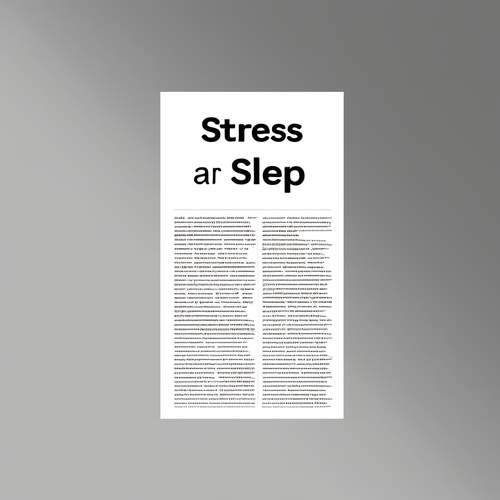
By /May 22, 2025
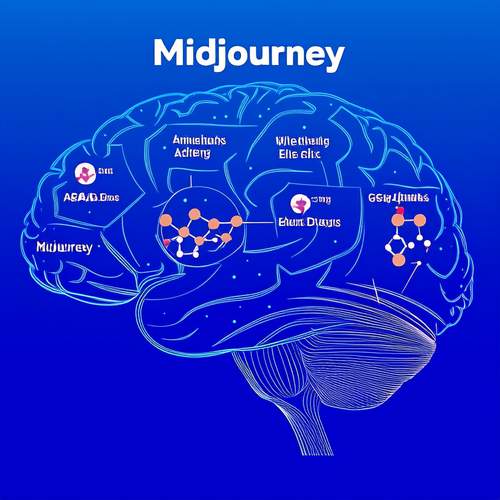
By /May 22, 2025

By /May 22, 2025
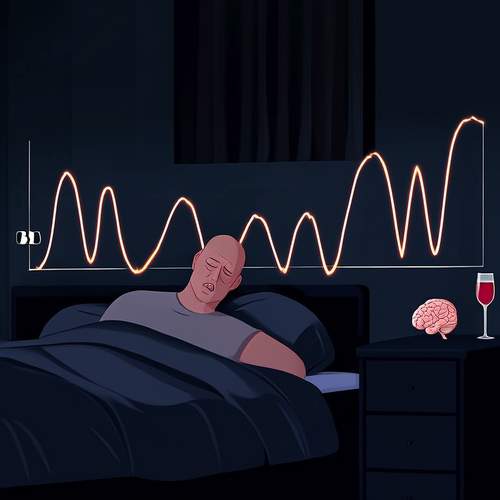
By /May 22, 2025

By /May 21, 2025
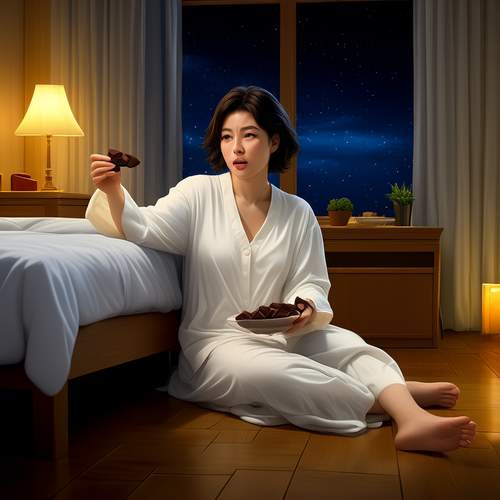
By /May 21, 2025
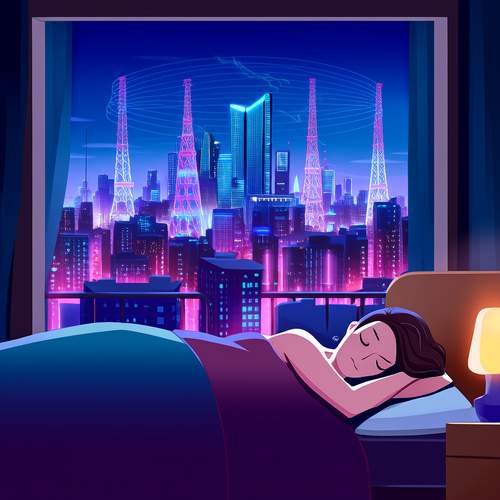
By /May 21, 2025

By /May 21, 2025
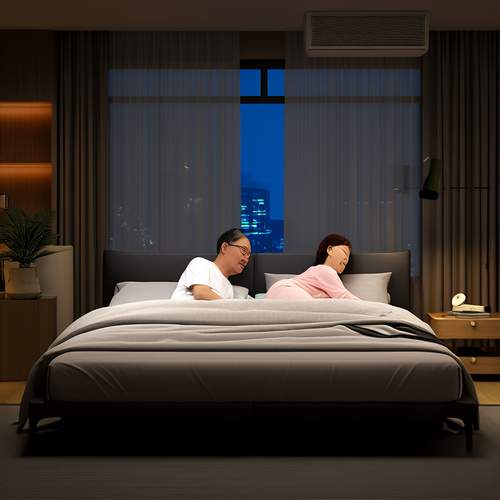
By /May 21, 2025

By /May 21, 2025

By /May 21, 2025
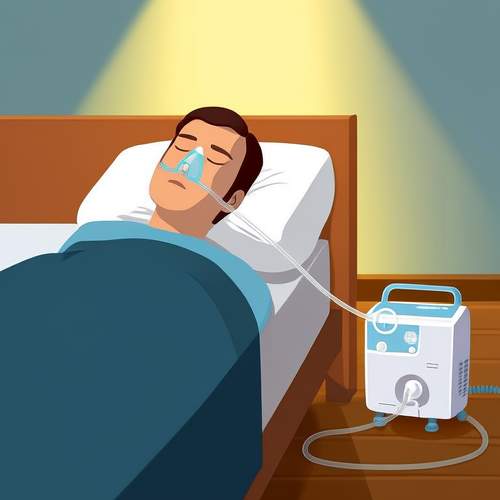
By /May 21, 2025

By /May 21, 2025

By /May 21, 2025